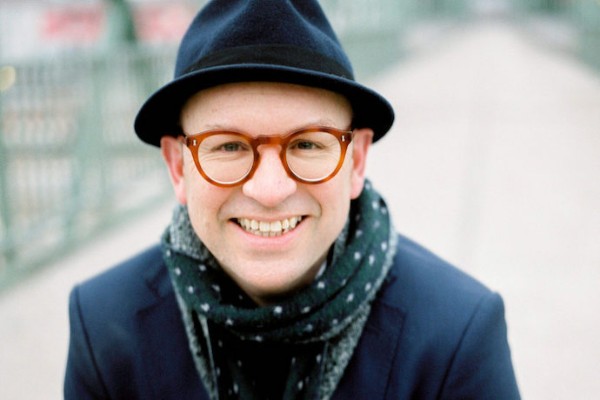TONALi in Hamburg is a great example of how German institutions are not only active in conserving and maintaining the traditional aspect of classical music, but they are also keenly innovative. The lines between the ‘underground stream’ and ‘the institutional’ are far closer in Germany, with several larger institutions breaking ground and boundaries. TONALi, founded in 2010 by Amadeus Templeton and Boris Matchin (two cellists), is an educational project dedicated to young listeners and performers – with their research studying new models and performance formats to find out what resonates with a 21st-century audience.
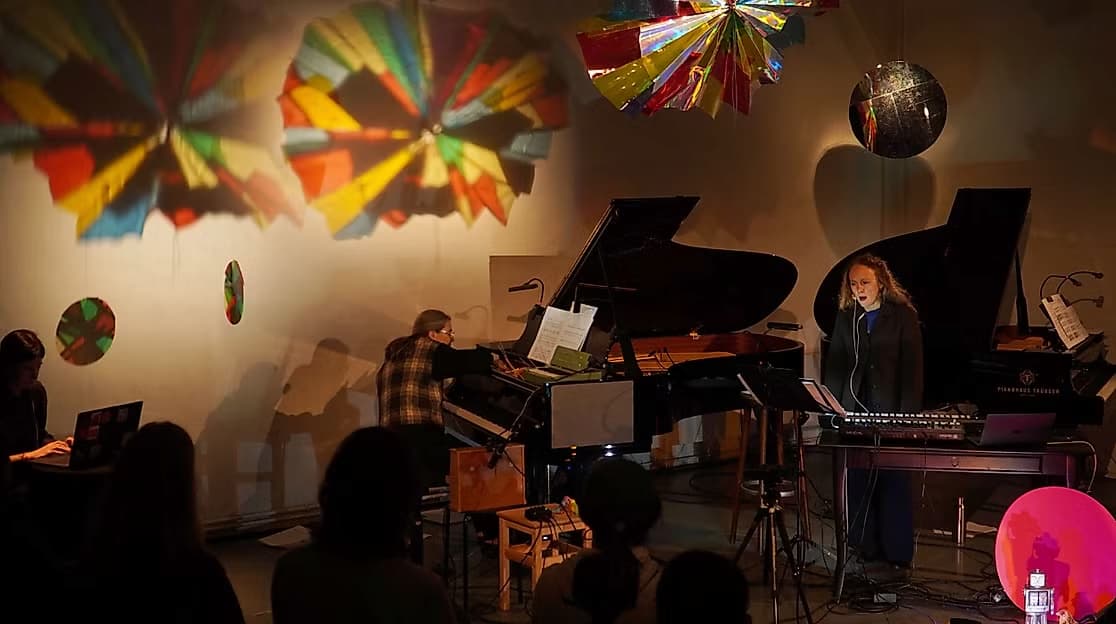
TONALi
What was the main motivation for founding TONALi? How did you develop the groundswell of support required for such a large project?
Since the first TONALi Day, our motto has been: ‘Making the future hearable’. As trained cellists, we didn’t want to idly stand by and watch as the classical concert became increasingly less popular amongst younger generations. So, we took matters into our own hands and made sure that a trend reversal could begin.
What did we do? First, we set up a music competition that connected the top young musicians with young people from a sponsoring school in Hamburg. We integrated cultural management education into the school’s curriculum, and what happened? Suddenly the young people were keen to be involved in organising, playing and attending full classical music concerts.
With this approach, we gained the attention of the famous conductor Christoph Eschenbach, who became the Honorary President of TONALi. He understood that we were developing a new concept of exceptional musical qualities that only attaches importance to the top, as far as the top develops an open mind, and by an open mind, we mean cultivating social responsibility and social outreach. Christoph Eschenbach’s involvement helped us to find more and more people, because they valued our work and were willing to support us financially. Today, over 30 foundations, associations, and public sponsors are committed to our work.
If you look back to 14 years ago when you founded the project, in what way does the 2024 result differ from the aims of 2010?
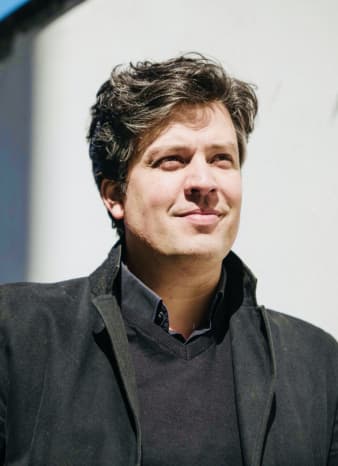
Amadeus Templeton
From the very beginning, the basic direction was the one we still hold to this day: it is linked to our motto. If you want to make the future hearable, there’s a lot of work to do. What has changed is the primary reason why the young and gifted musical talents are attracted to TONALi. Today, we manage without the competition and the associated competitive mindset. Today, we run a widely recognised academy that is recommended by all German-speaking music academies as a supplement to the education system. TONALi is an academy through which collaborative musicians between the ages of 20 and 30 can learn to combine their own art with social commitment. The complex training programme focuses on participatory concert design and figuring out your own artistic ‘why’, which we support with a yearly scholarship of €10,000.
Your mission is to allow as many people as possible to take part in the concert experience: with DEI, a hot topic in classical music now (which it wasn’t in 2010), what lessons have you learned about creating welcoming atmospheres for non-typical audience members?
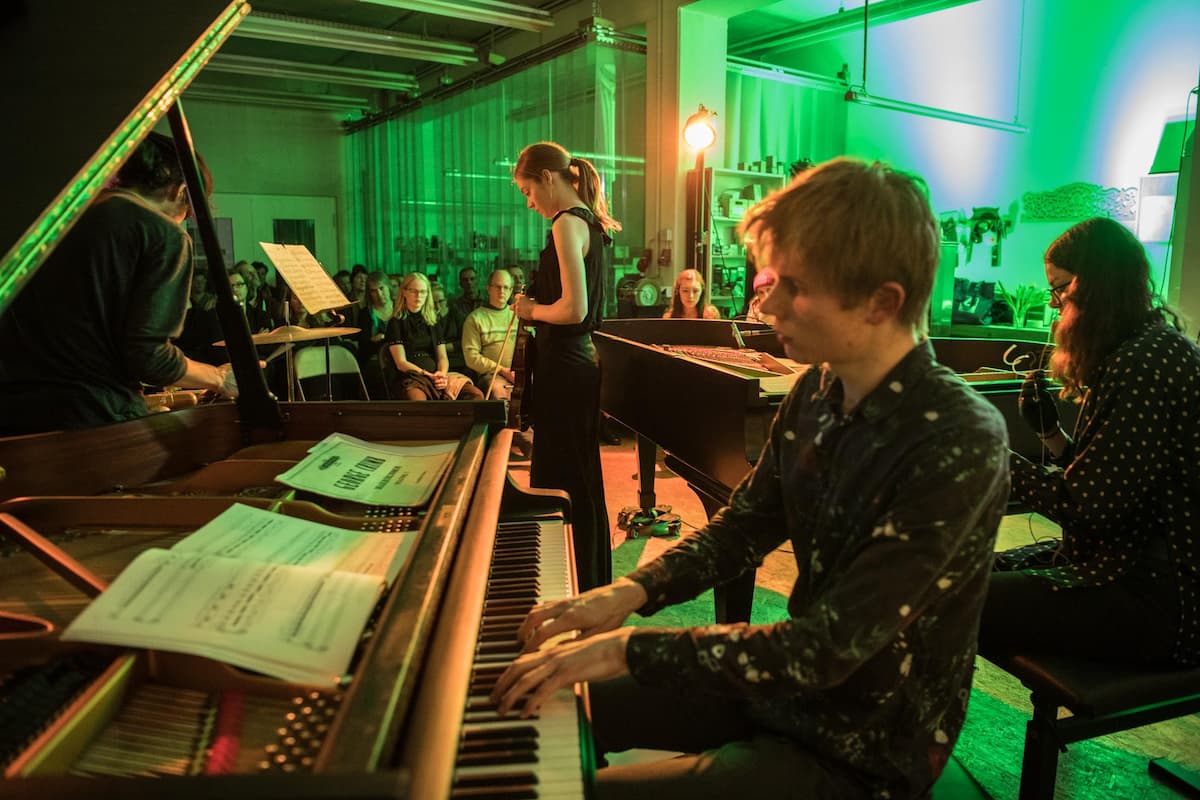
TONALi
Last year, we launched the concept of the ‘Art Conservation Area’ (or Art Protected Area) within a 15-minute radius of the TONALi Campus in Hamburg. Within this area, we support the creative, the creators and creation. The concept refers to Joseph Beuys’ idea of a ‘social sculpture’, and we are keeping this space ‘open’ in every respect. By ‘open’, we believe everything can take place within this protected area, provided it is constructive, it invites people to help shape a future worth living, it strengthens social cohesion, it inspires, and creates. This attitude then gives rise to greater artistic diversity, which is expressed on the stage, in the audience and in the structures that emanate from here.
Incidentally, Natural Conservation Areas (or nature reserves) protect the biodiversity of nature. We are intent on transferring this approach to culture, to art. An insider tip: We recently launched an app through which we are testing and practising the principle of ‘radical diversity’. You can find the free app and all the information at parti.de. We use it to inspire new aesthetics in stage productions, to change the concept of the audience in the theatre and to stimulate a diverse understanding of what cultural life can be. (Further Details in German: www.tonali.de/kunstschutzgebiet)
Thomas Lambrich – Anelito
Audiences that bear a creative responsibility for cultural life: this is mega. The concept of an audience feeling responsible, and therefore supportive and being more involved in the creative output of the organisation is evident in sports teams with their high level of support. How do you see this working in the future, and what steps have you taken towards this?
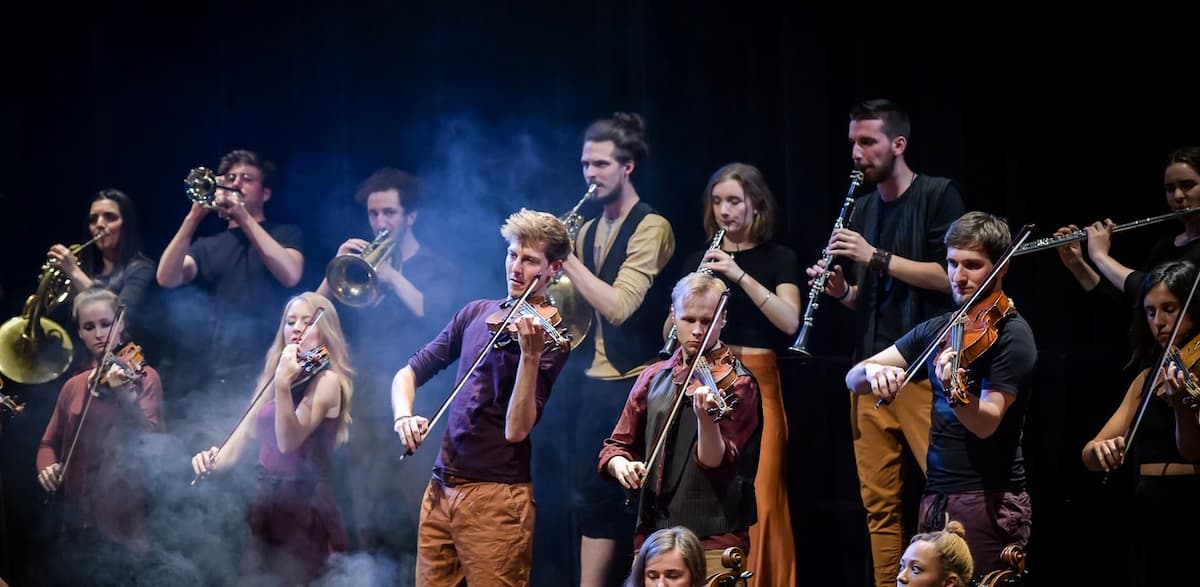
TONALi
We understand more and more that we can only build a diverse audience if we allow a diverse range of events to take place on stage. Our most recent example was a concert on July 6th 2024, in the main hall of the Elbphilharmonie (linked below). Together with the Stegreif Orchester (Berlin), we created an evening in which the boundary between stage and hall was partly dissolved, in which the entire hall was collaboratively involved, and in which a great sense of togetherness was created that still affects many encounters in the days that have since passed. It was an evening that made it possible to experience the unifying power that arises when one is in the centre of a classical concert instead of passively sitting in the periphery, looking on.
TONALi Festival – Großes Abschlusskonzert “Soziale Symphonie”
With our ‘Doppelpunkt-Aesthetic’ [translator’s note: Doppelpunkt translates directly to ‘colon’, however a ‘colon aesthetic’ doesn’t quite have the same ‹poetry› in English. Templeton suggests ‘Double-Dot Aesthetics’ as a direct translation, explaining the double-dot as an ‘introduction to something new’]. We have developed a theory through which we can effectively stimulate the audience’s sense of involvement and this feeling of becoming a participant in what is happening. The imagery of the ‘colon’ (or double-dot) is evoked through the idea that it divides a sentence into two parts; one part before the colon, and one after. In terms of concert dramaturgy, this means that we consistently open up our stage – that we share with the audience, that we create a ‘playing space’ before and after the colon in which the audience can reflect artistically or provide its own impulses. In this way, we create a space of equal dialogue that brings what we have set (e.g. a famous work of classical music) into a reciprocal relationship with a reflective audience (audience = society).
Today, we are rebuilding concert programmes on the basis of this theory, as if we were re-naturalising rivers. We create an open space, let things breathe, and allow what is needed. And what is needed is that which flows, how it wants to flow – in other words, it is free. And everyone becomes involved because everyone has artistic potential within them and we are passionately interested in this potential – regardless of their level of expression. The extent of one’s artistic ability is not pivotal, but the awakening of one’s artistic potential is.
Concerts in which this principle takes effect empower the audience and society to become more artistically active themselves. And a more artistic society – and that’s the short form now – also corresponds to a society with the ability to find solutions in a given situation. And that’s what it’s all about, because in view of the major challenges and changes of our time, we need to come up with many very good and productive ideas in pursuit of a sustainable life.
What do you think is the biggest entry-barrier for new audiences in the 21st century? Is a recontextualising of the concert experience the most important element of innovation we can engage in – or do you think there are multiple channels (including more funding, education, diversity of initiatives etc) that are of equal importance?
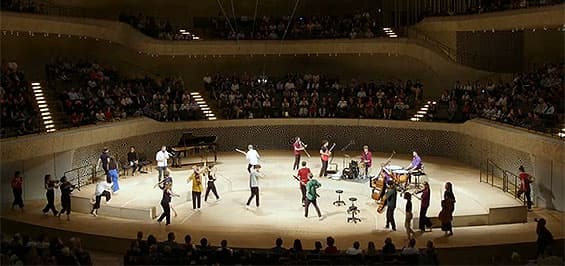
TONALi
The strongest barrier to access lies in the human being. If people cannot identify with what is going on in a concert, they won’t want to enter in the first place. Openings create access, it’s as simple as that. And we don’t mean bland conformity, superficial popularisation or shallow programming: at best, open thinking on the part of all the main professional stakeholders (including artists, cultural managers, event organisers, education officers, etc.) can create open spaces. And open spaces lead to open hearts, open ears, open voices, open perspectives, and much more.
If we orientate everything we produce artistically towards people and develop it for people, then by design, people will feel themselves represented in everything and become involved in what we have to offer. We should simply stop placing our reality and values above another person’s. We should simply stop ‘defending’ our culture or putting our culture above the cultures of a contemporary society that is more culturally diverse than when most classical music was written. We should not want to accustom anyone to our culture, but should make this culture available as a powerful asset, as an offer of dialogue, as ‘art material’, as grown, intellectual material from which questions can be kindled in the respective counterpart. Let us inspire each other and conduct artistic dialogues that correspond to our concerts.
TONALi16 Eröffnungskonzert – Robert Schumanns Kinderszenen op. 15
In an alternative universe where TONALi hadn’t taken the stage, what do you think you would be doing now?
We ask ourselves what is needed. And from this questioning, we would develop an approach, an impulse, that creates liveable, all-round healthy futures for everyone involved, that opens up, contextualises and places artistic thinking, feeling and acting at the centre of all activities.
Where do you think TONALi will be in the next 14 years? Would you view the ultimate success as your work being made redundant – by virtue of having become the norm across the classical music industry?
That would be precisely the success we are working for every day.
We dream of using artistic thinking, feeling and action to help dismantle the rigidity in our heads, hearts and actions, and all the associated consequences that are completely superfluous. By rigidity, we mean mental inflexibility, hardenings, egoisms, fears that express themselves in territorial encroachments, geopolitical claims to power, exploitations, vested interests, oppressions, arrogance, reprisals, classism, racism, sexism, border fences, distributive heads, traditional attachments and all kinds of other inanimate or narrow-mindedness. Why have we become so narrow-minded? Is it because we would like to straighten out anything that hinders us? The rivers would have less turbulent waters if we opened up to allow them to follow their inherent paths. And besides, it would enable them to cope with anything that seems to obstruct their course.
Does classical music have a role in social cohesion – that is, do you view our position in society as musicians as responsible for ameliorating society, or are we more responsible for the preservation of artistic culture?
Classical music plays exactly the role we endow it with. We can and should give it a role, a hugely important one, and a future-orientated one. But this doesn’t mean one that elevates it above others, equally relevant roles. It is not entitled to that. Nor does music need such validation. Letting music play a role within acknowledged relationships allows each personality to grow to the extent that it practises waking up to the full awareness of the qualities of the other person.
This interview originally took place in German. Click here for the link for the original text
For more of the best in classical music, sign up for our E-Newsletter

